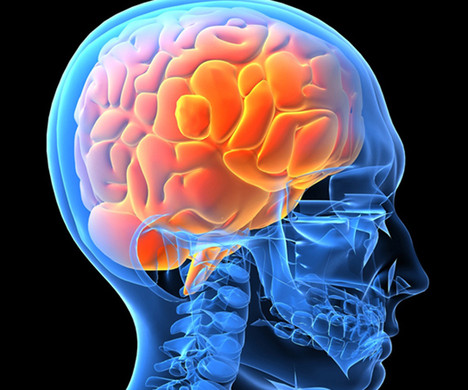Neuroscience offers methods that develop at remarkable speed and hold exciting promises for the future of psychological science in general and social psychology in particular. But, although this research arouses considerable interest in the neuroscience community, the media, and funding agencies, social neuroscience has received a controversial reception from social psychologists.
At the heart of the concerns expressed by social psychologists lies the question of the contribution of neuroscience to social psychology. What kind of methods does neuroscience offer to social psychology? Which psychological questions can these methods address? What are the pitfalls to avoid? How can neuroscientific data inform societal issues? These are some of the questions that social neuroscience needs to address to produce a valuable contribution to social psychology theory.
The objective of this meeting is to give social psychologists interested in neuroscience the possibility to address these questions and the challenges that social neuroscience present. We will dedicate most of the time at our disposal to open-minded and constructive discussions about the potentials and boundaries of a neuroscientific approach to social cognition. These discussions will be lead and fostered by several eminent experts, including Klaus Fieldler (University of Heidelberg), Carsten de Dreu (Amsterdam University), Jennifer Beer (University of Texas), Alan Sanfey (Radbound University), Tor Wager (University of
Colorado) and Frank Overwalle (Vrije University, Brussels). Participants wishing to present empirical research will have the opportunity to do so during poster or data blitz sessions.
The meeting will take place from September 9-11, 2015 in Graz, Austria.
There are no registration fees, and costs of accommodation and meals will be partially or entirely covered contingent on receiving further grants. If you are interested in participating, please send an email including an abstract describing either an empirical research or a theoretical contribution (max 300 words) as well as your contact details to Gayannee Kedia (mailto:g.kedia(at)uni-graz.at) until February 28, 2015.
The result of this meeting will be published in a special issue intended to lay the guidelines of a high-quality neuroscience for social psychologists.
